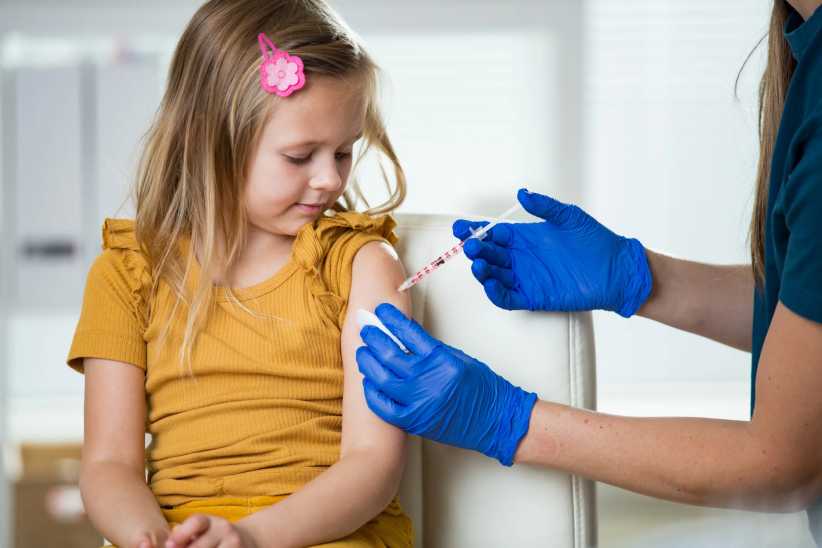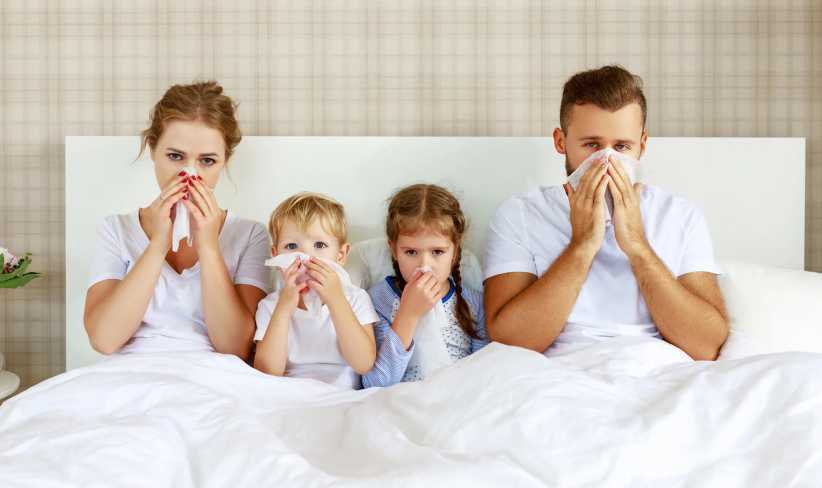CMV, or cytomegalovirus, is an under-the-radar virus that effects babies’ hearing and development. Here’s how to treat and prevent it.
You are right that CMV or cytomegalovirus, which is typically caught during early childhood, could well be the cause of your baby’s hearing loss. This is a very common virus, but it remains somewhat under the radar. A woman can unknowingly acquire it during pregnancy, and pass the infection to the unborn baby. According to the Centers for Disease Control and Prevention, approximately 1 in 150 children each year are born with CMV they got from their mother. Approximately 1 in 5 of these babies will develop permanent problems, such as hearing loss, microcephaly, vision loss, seizures, or developmental disabilities. CMV is the most common non-genetic cause of childhood hearing loss.
Because of this, parents of newborns who fail their routine hearing test done in the hospital should insist on additional hearing test within the first two weeks of life. A second failed hearing test should be followed up with CMV testing, and treatment should begin before the baby is 4 weeks old. An antiviral drug called valganciclovir, given by mouth, was recently shown to improve hearing and developmental outcomes. Although the benefit of treatment is modest, this is far better than what we had before: no treatment, and hearing and other effects on the developing brain almost certainly got worse.
Your pediatrician may need to consult a Pediatric Infectious Disease specialist for this treatment. CMV lingers in the body and may continue to harm hearing and the developing brain of affected children. Because of this, there is a current NIH study of older babies and toddlers (Congenital CMV and Hearing Loss in Children up to 4 Years of Age: Treating with Valganciclovir Therapy) being conducted at Cohen Children’s Medical Center of Northwell Health and several other sites throughout the U.S.
How can I prevent the spread of CMV?
CMV is spread from person to person through body fluids. Day care workers, nurses, mothers of young children, and others who work with young children are at greatest risk of exposure to CMV.
Since young children commonly carry CMV, pregnant women and women planning pregnancies should take extra care to avoid urine and saliva from young children. The CDC recommends the following ways to avoid exposure to CMV:
|
RELATED:
Find Health Care Providers Near You
Find Child Development Specialists Near You













